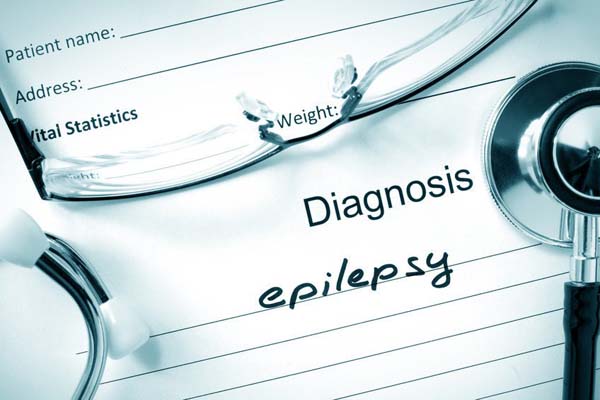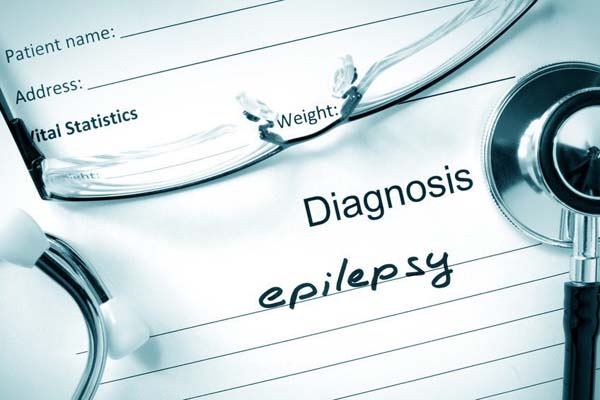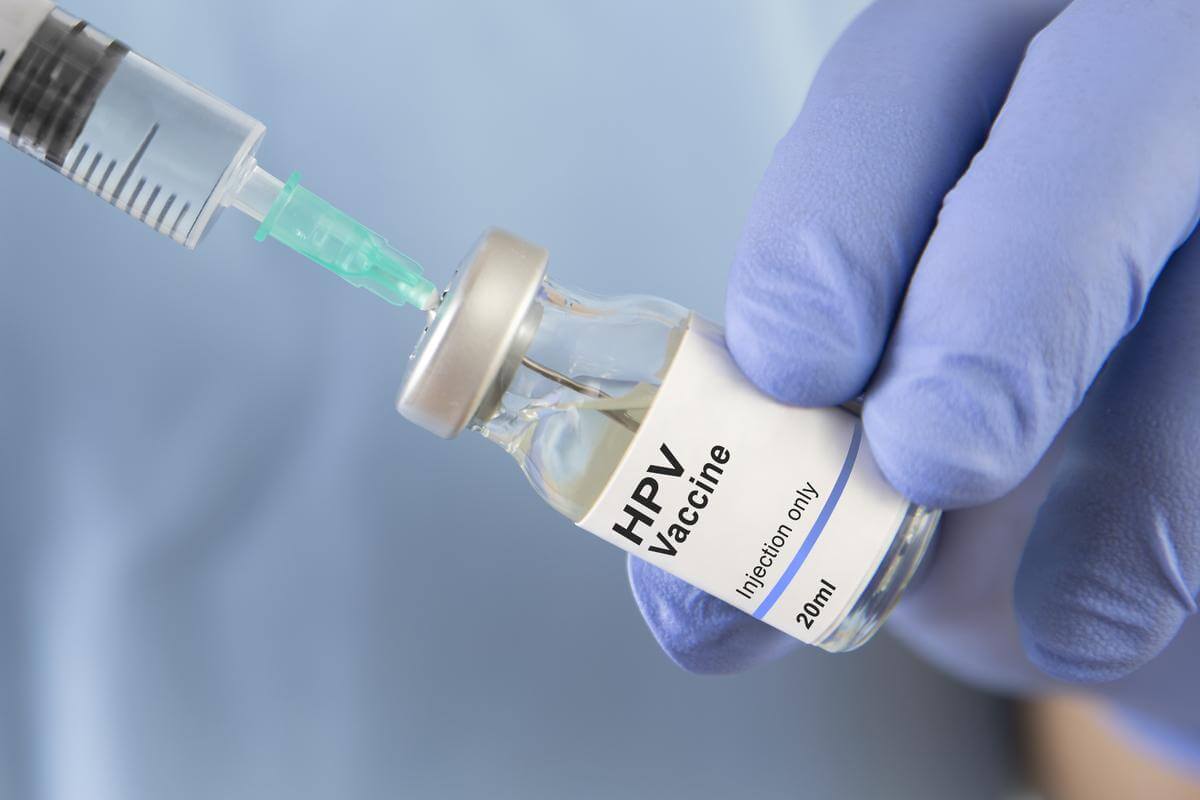New compound may prevent development of epilepsy: study
Mon 25 Jul 2016, 12:29:15
Researchers, including those of Indian-origin, have developed novel neuroprotective compounds that may prevent the development of epilepsy.
In a study conducted in an experimental model of epilepsy in mice, the compounds prevented seizures and their damaging effects on dendritic spines, specialised structures that allow brain cells to communicate, researchers said. In epilepsy, these structures are damaged and rewire incorrectly, creating brain circuits that are hyper-connected and prone to seizures, they said.
"In the current study, preservation of dendritic spines and subsequent protection from seizures, were observed up to 100 days post-treatment, suggesting the process of epilepsy development has been arrested," said Nicolas Bazan from Louisiana State University (LSU) in the US.
Bazan and Julio Alvarez-Builla Gomez from University of Alcala in Spain discovered and named the LAU compounds. A number of LAU compounds were studied, which blocked a neuroinflammatory signalling receptor, protecting dendritic spines and lessening seizure susceptibility and onset, as well as hyper-excitability, researchers including Surijyadipta Bhattacharjee and Chittalsinh M Raulji from LSU said.
In epilepsy, the normal pattern of neuronal
activity becomes disturbed, causing strange sensations, emotions, and behaviour or sometimes convulsions, muscle spasms, and loss of consciousness, researchers said.
activity becomes disturbed, causing strange sensations, emotions, and behaviour or sometimes convulsions, muscle spasms, and loss of consciousness, researchers said.
It is not uncommon for people with epilepsy, especially children, to develop behavioural and emotional problems in conjunction with seizures.
Issues may also arise as a result of the stigma attached to having epilepsy, which can lead to embarrassment and frustration or bullying, teasing, or avoidance in school and other social settings, they said.
For many people with epilepsy, the risk of seizures restricts their independence and recreational activities. Epilepsy can be a life-threatening condition. Some people with epilepsy are at special risk for abnormally prolonged seizures or sudden unexplained death in epilepsy. There is currently no cure, researchers said."Most of the anti-epileptic drugs currently available treat the symptom - seizures - not the disease itself," said Bazan.
"Understanding the potential therapeutic usefulness of compounds that may interrupt the development process may pave the way for disease-modifying treatments for patients at risk for epilepsy," he said.
The findings were published in the journal Scientific Reports.
No Comments For This Post, Be first to write a Comment.
Most viewed from Health
AIMIM News
Latest Urdu News
Most Viewed
May 26, 2020
Which cricket team is your favourite to win the T20 World Cup 2026?
Latest Videos View All
Like Us
Home
About Us
Advertise With Us
All Polls
Epaper Archives
Privacy Policy
Contact Us
Download Etemaad App
© 2026 Etemaad Daily News, All Rights Reserved.



























.jpg)
.jpg)
.jpg)


